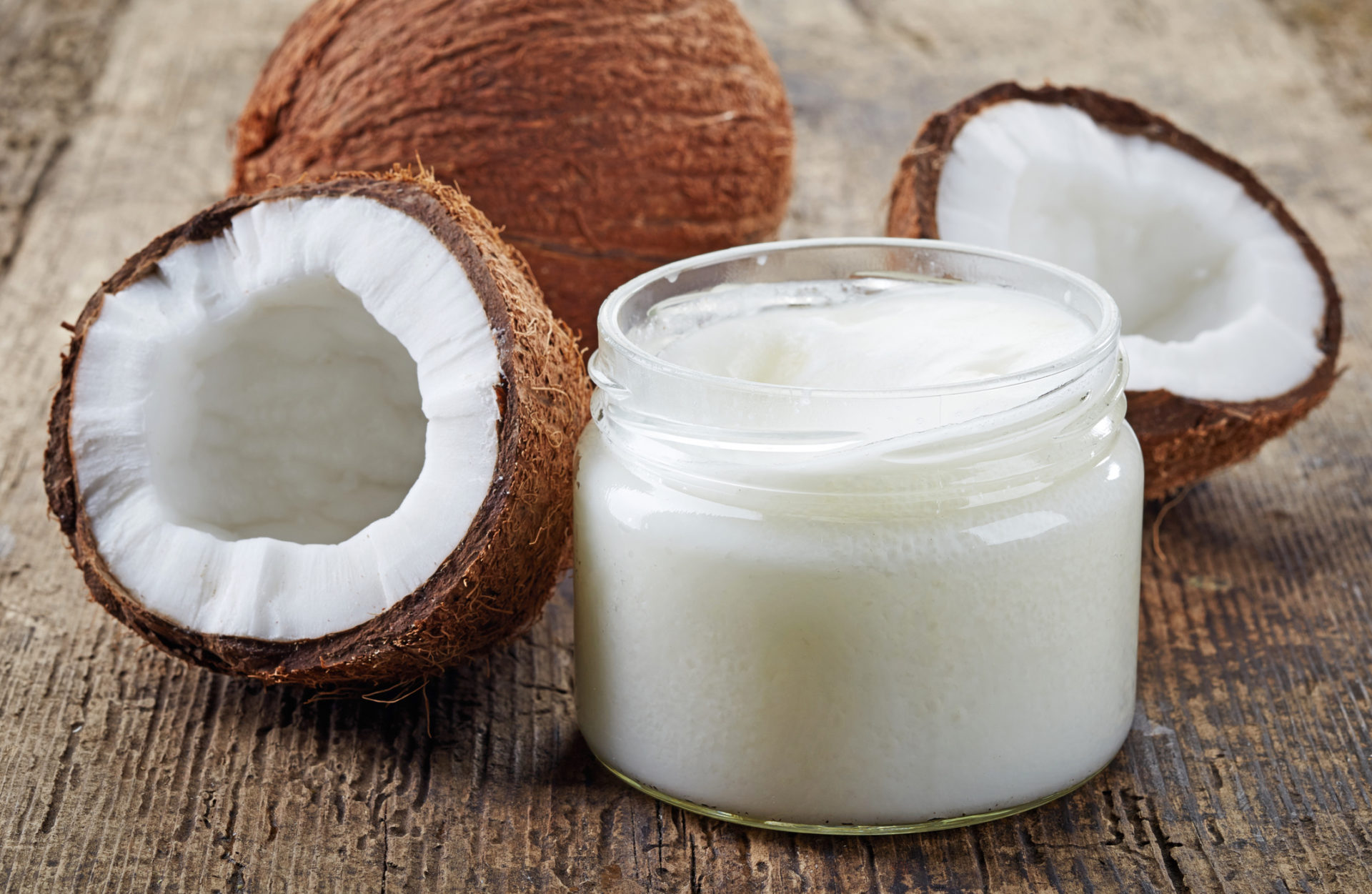10 Amazing Health Benefits of Coconut Oil
Studies dating back to 1981 show that coconut oil may help to boost heart health and reduce rates of heart disease. One study of a population of people on Tokelau that gets 60% of their calories from coconuts perfectly illustrates this point. The population was generally healthy, but also exhibit rates of heart disease that were much lower than comparable populations that did not rely heavily on coconuts as a staple food.
Burn Fat
Coconut oil can help consumers lose weight. The medium-chain triglycerides (MCTs) found in coconut oil boost the body’s natural fat-burning capacity, showing that consuming 15-30 grams of MCTs per day increased energy expenditure by five percent per day. This increase in energy expenditure helps to make up for the fact that coconut oil is a calorie-dense food.
Reduce Hunger
The MCTs found in coconut oil don’t just support healthy weight loss by increasing energy expenditure. They can also curb hunger. Multiple studies of human consumers have shown that experimental populations consuming higher doses of MCTs eat fewer calories throughout the day, so those who incorporate a healthy amount of coconut oil into their diets in an effort to lose weight may also struggle less with appetite and food cravings.
Treat Abdominal Obesity
Abdominal obesity is a condition in which visceral fat lodges in the abdominal cavity and surrounds a patient’s organs. It linksto a multitude of serious, chronic health conditions. MCTs shows to be especially effective when it comes to reducing the visceral fat associate with abdominal obesity. Just consuming two tablespoons of coconut oil per day without making other dietary or lifestyle changes can significantly reduce concentrations of abdominal fat in obese patients.
Antimicrobial Effects
Coconut oil can also help to reduce the populations of harmful pathogens in the body, reducing instances of bacterial, fungal, and viral infections. This benefit derives from the fact that around 50% of the fatty acids found in coconut oil, comprises of lauric acid, which breaks down into monolaurin upon digestion. Both unprocessed lauric acid and monolaurin are for their antimicrobial properties. They kill bacteria like Staphylococcus aureus and Candida albicans in test-tube studies.
Seizure Reduction
A diet low in carbs and high in healthy fatty acids like those found in coconut oil may help to reduce seizures in drug-resistant epileptic patients. Researchers aren’t exactly sure why it works, but they think it has to do with increasing concentrations of ketones in the blood. Since MCTs are converted into ketones in the liver, epileptic patients may benefit from increasing their intake of coconut oil and decreasing the number of carbohydrates they consume without eliminating them completely to reduce their symptoms.
Raise Good Cholesterol
The natural saturated fats found in coconut oil can increase HDL, or good, cholesterol levels, which researchers believe can boost heart health, especially in patients with coronary artery disease. Coconut oil may also decrease LDL, or bad, cholesterol. The best way to avoid heart disease is to prevent the buildup of LDL cholesterol and raise HDL cholesterol levels before consumers develop too much plaque in their arteries, so it’s likely better to start incorporating coconut oil into the diet before symptoms of coronary artery disease or heart disease begin to appear.
Boost Brain Function
Recent research has shown a link between ketone production in the liver and symptoms of Alzheimer’s disease (AD). Consuming the MCTs found in coconut oil can boost brain function in the early stages of AD and boost the brain’s ability to use up glucose, which it uses as a source of energy. Those with a family history of AD or other forms of dementia may want to start incorporating coconut oil into their daily lifestyles sooner rather than later since it hasn’t proven as effective at boosting brain function in later stages of the disease’s progression.
Improved Skin, Hair, and Teeth
Not all the health benefits of coconut oil come from eating it, although consuming coconut oil may also improve the appearance of consumers’ hair, skin, and teeth. Using coconut oil topically has reduce symptoms of eczema and other dry skin conditions by improving the moisture content of the dermal layer. Similar effects observe when consumers start using coconut oil as a hair conditioner to prevent sun damage and dryness.
Consumers from tropical countries do long use coconut oil as a form of mouthwash, as well. When swish around in the mouth, its antimicrobial properties help to reduce populations of the bacteria that cause gingivitis and bad breath. Some consumers also perform what is known as “oil pulls,” leaving coconut oil in their mouths for several minutes at a time to increase the substance’s ability to remove bacteria and other pathogens.
Wellness Support
Coconut oil isn’t just good for people with chronic health conditions. The body uses MCTs as a quick source of energy and these same fatty acids can act as a preventative against serious diseases. All health-conscious consumers should consider incorporating coconut oil into their daily dietary or herbal supplement regimes.
The Bottom Line
The dietary fats found in most oils are unhealthy, but coconut oil is different. It contains mostly shorter fatty acid chains, which can be broken down by the liver into more usable blocks. When consumed daily, coconut oil can improve everything from cholesterol levels to brain function, which makes it a great addition to any health and wellness regime.



